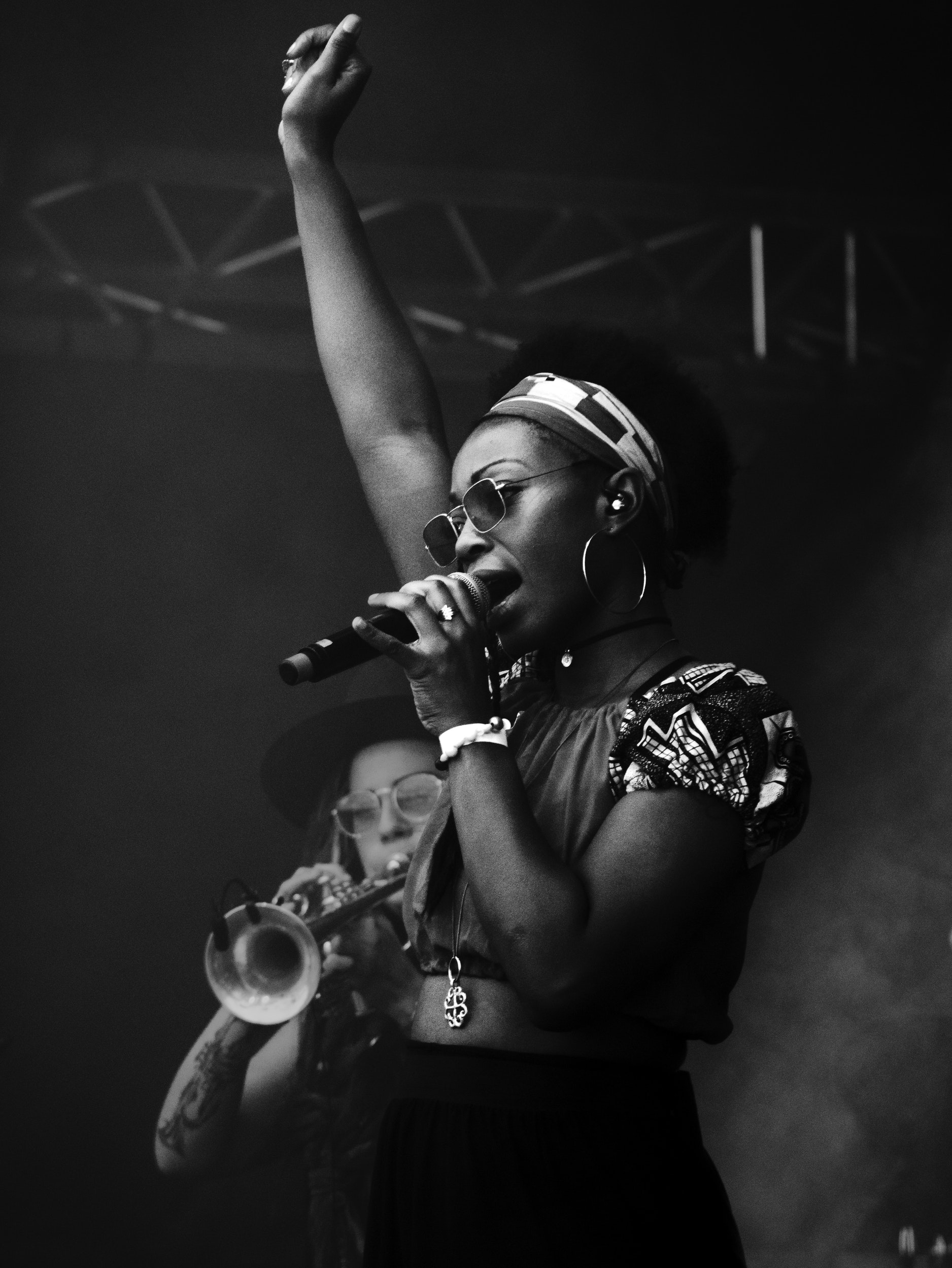October is recognized internationally as the month of raising awareness of domestic violence. Around the globe, millions of people and organizations engage in marches, concerts, talks, seminars, online campaigns and an array of ways to inform, educate and remind society that domestic violence is an ever present threat eating away at society’s most vital institutions: homes, families and relationships. While some relate domestic violence to a sign of superiority, it is important to understand its negative influence on a human being and focus on solutions that each of us can do to replace violence with more understanding, empathy and peaceful coexisting.
What is Domestic Violence?
Despite popular notion, domestic violence is not physical violence alone. It encompasses physical, verbal, economic, emotional, religious, sexual, reproductive and psychological oppression. It ranges from subtle forms such as financial or social deprivations and isolations to more violent forms such as inhumane beating, burning, choking and more. It is termed ‘domestic’ when there is a close relationship between the offender and the victim such as in a home, relationship, or cohabitation.
Victims of Domestic Violence
Over decades, this violence has been perpetrated against all groups of people in society: women, men, children, the elderly, the sick, and others. But the mass sufferers have been women. Because they are a weaker gene — or so it is said — women have been subdued to the most despicable acts of domestic violence; a reason why they are often champions and flag bearers of events that handle this plight.
A strange and worrying fact is that some women enjoy — or at least — romanticize their mistreatment by men. In a discussion with a friend yesterday, he mentioned that women are often times the gate keepers of their oppression. Some women believe that being hit by a man is a sign of his love, and some men feel that beating their women is a show of strength and masculinity. Absurd as it may sound, this is true for some people and a prevalent premise amongst most sub-Sahara African countries.
Way Forward
Domestic violence can happen to anyone, yet the problem is often overlooked, excused, or denied. This is especially true when the abuse is psychological, rather than physical. To curb or solve the issue of Domestic Violence, society has to work together. A first step is to unteach the notion that preying on or hurting the other proves superiority. We must understand that inflicting pain of any kind on anyone doesn’t solve a problem — if for anything — it only aggravates the situation. In the grand scheme of things, none of this would be important if we had empathy and respect for the other. When these two virtues exist and prevail, it breaks the endless cycle of domestic violence, and pain in society.
Join our 42 days self-development program to learn peaceful ways of coexisting starting with oneself first.







